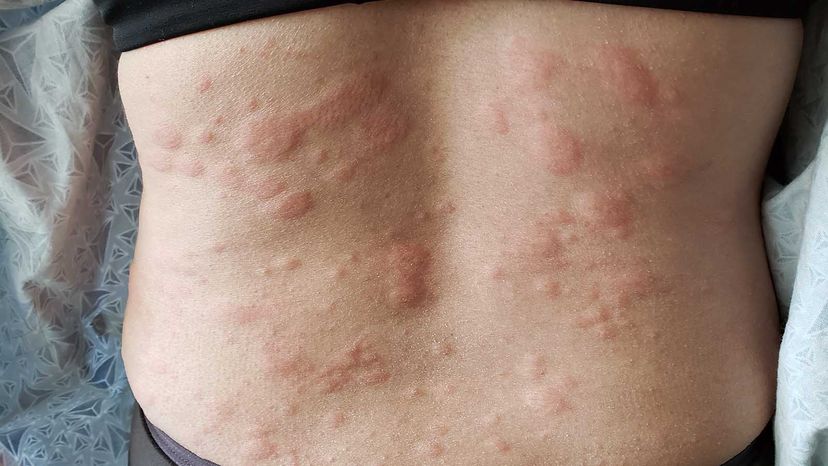At first, it seemed harmless—a persistent itch that wouldn’t go away. He thought it might be a mild allergic reaction—perhaps to food, detergent, or the changing weather. But soon, it became clear that this was something far more serious.
The sensation spread rapidly—from his arms to his back, neck, and even his scalp. The itch was described as if “hundreds of tiny needles” were piercing his skin. No lotion, antihistamine, or shower brought relief. Scratching only made it worse.
What began as a nuisance quickly escalated into an unbearable condition. His nights were sleepless, his focus diminished, and his mood altered. Concerned, he finally visited a doctor—only to be met with a diagnosis he never expected.
A Shocking Diagnosis
Following extensive blood work and scans, doctors uncovered that the itching wasn’t due to a skin condition—it was a symptom of a deeper issue: Hodgkin’s lymphoma.
This rare type of cancer often masquerades with subtle symptoms like fatigue, weight loss, or persistent itching. The disease, which affects the lymphatic system, may remain undetected until more severe signs emerge, which can dangerously delay treatment.
According to American Cancer Society, early detection is critical. Itching, especially when it is widespread and unrelenting, can be one of the early indicators of lymphoma.
Why You Shouldn’t Ignore Persistent Itching
Skin conditions like eczema or allergic dermatitis are common, but when accompanied by other symptoms such as night sweats, fatigue, or swelling in lymph nodes, it's important to consult a healthcare professional.
If you or a loved one is dealing with unrelenting itching that does not respond to typical remedies, don’t ignore it. It may be your body’s warning signal.
Key Symptoms to Watch:
- Unexplained weight loss
- Swollen lymph nodes in neck, armpits, or groin
- Severe or persistent itching
- Night sweats or fevers
- Persistent fatigue
Early diagnosis saves lives. If symptoms persist, request testing and imaging. Trust your instincts—your health depends on it.

